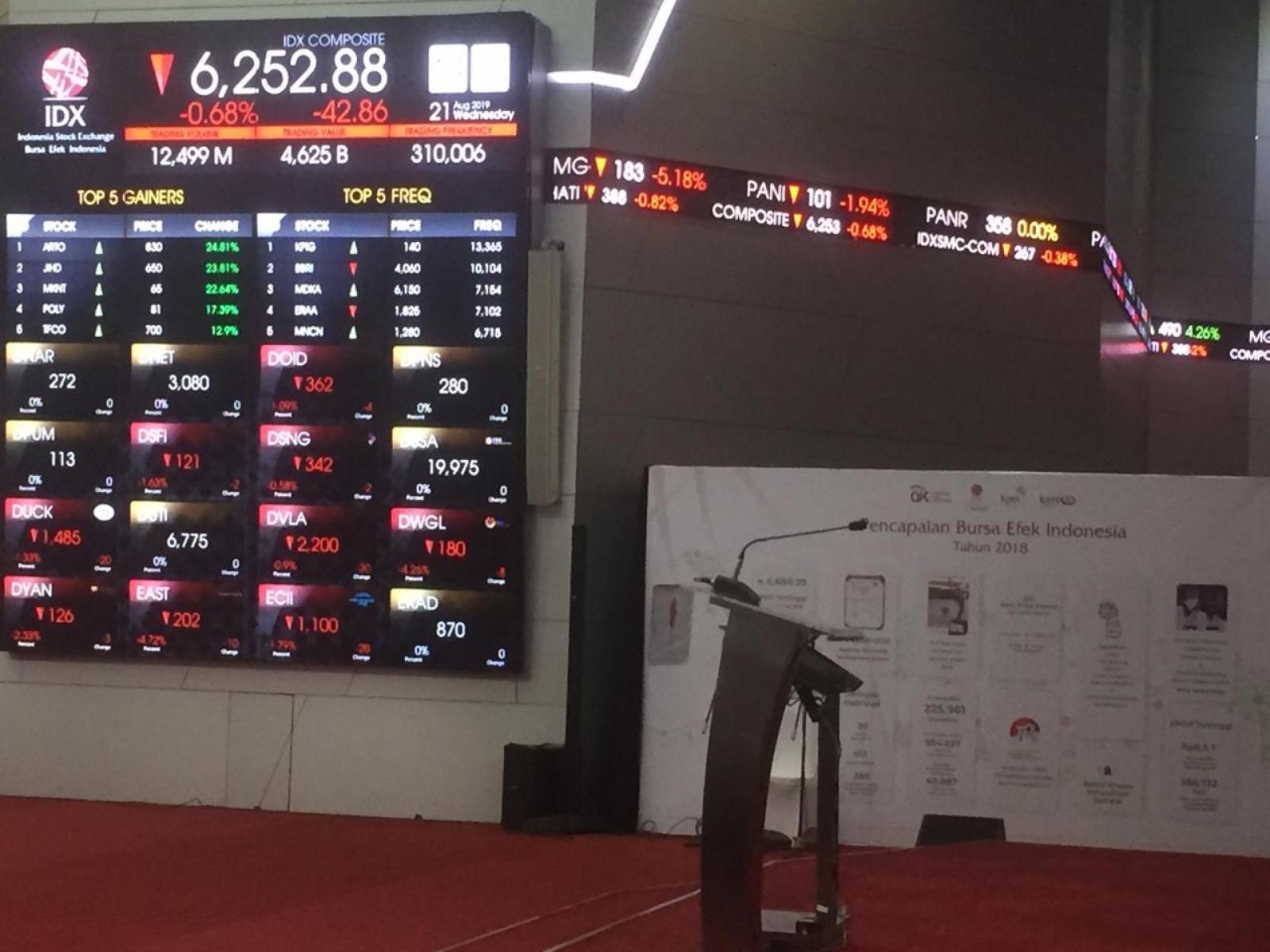
The China stock market has moved lower in back-to-back sessions, slipping just 6 points or 0.2 percent in that span. The Shanghai Composite now sits just beneath the 3,265-point plateau although it may stop the bleeding on Tuesday.
The global forecast for the Asian markets is upbeat on optimism over the global outlook, although weak oil prices limited the upside. The European and U.S. markets were up and the Asian bourses figure to follow that lead.
The SCI finished slightly lower on Monday following losses from the resource stocks, gains from the oil companies and mixed performances from the financials and properties.
For the day, the index eased 3.43 points or 0.11 percent to finish at 3,263.76 after trading between 3,232.92 and 3,285.46. The Shenzhen Composite Index rose 7.98 points or 0.41 percent to end at 1,974.89.
Among the actives, Industrial and Commercial Bank of China collected 0.33 percent, while China Construction Bank gained 0.51 percent, China Merchants Bank lost 0.63 percent, Agricultural Bank of China improved 0.64 percent, China Life Insurance stumbled 1.94 percent, Jiangxi Copper fell 0.33 percent, Aluminum Corp of China (Chalco) skidded 1.05 percent, Yankuang Energy tumbled 1.72 percent, PetroChina rose 0.25 percent, China Petroleum and Chemical (Sinopec) advanced 0.96 percent, Huaneng Power dropped 1.00 percent, China Shenhua Energy added 0.78 percent, Gemdale retreated 1.32 percent, Poly Developments perked 0.10 percent, China Vanke shed 0.48 percent and Bank of China were unchanged.
The lead from Wall Street is positive as the major averages opened higher on Monday and remained in the green throughout the trading day.
The Dow rallied 440.0.6 points or 0.99 percent to finish at 44,736.57, while the NASDAQ added 51.19 points or 0.48 percent to close at 20,220.36 and the S&P 500 rose 18.03 points or 0.30 percent to end at 5,987.37.
Stocks added to the strong gains posted last week amid a positive reaction to news President-elect Donald Trump intends to nominate billionaire hedge fund manager Scott Bessent as Treasury Secretary.
Bessent is seen as supportive of the equity markets and an advocate for deficit reduction. He has also called for Trumps planned tariff increases to be implemented gradually, which could reduce the impact on inflation.
However, buying interest waned as the day progressed, as traders seemed reluctant to make more significant moves ahead of the release of several key economic reports in the coming days.
Oil prices fell sharply on Monday, weighed down by reports that Israel and Hezbollah are likely to reach a cease-fire agreement within the next few days. West Texas Intermediate Crude oil futures for January ended down $2.30 or 3.2 percent at $68.94 a barrel.





